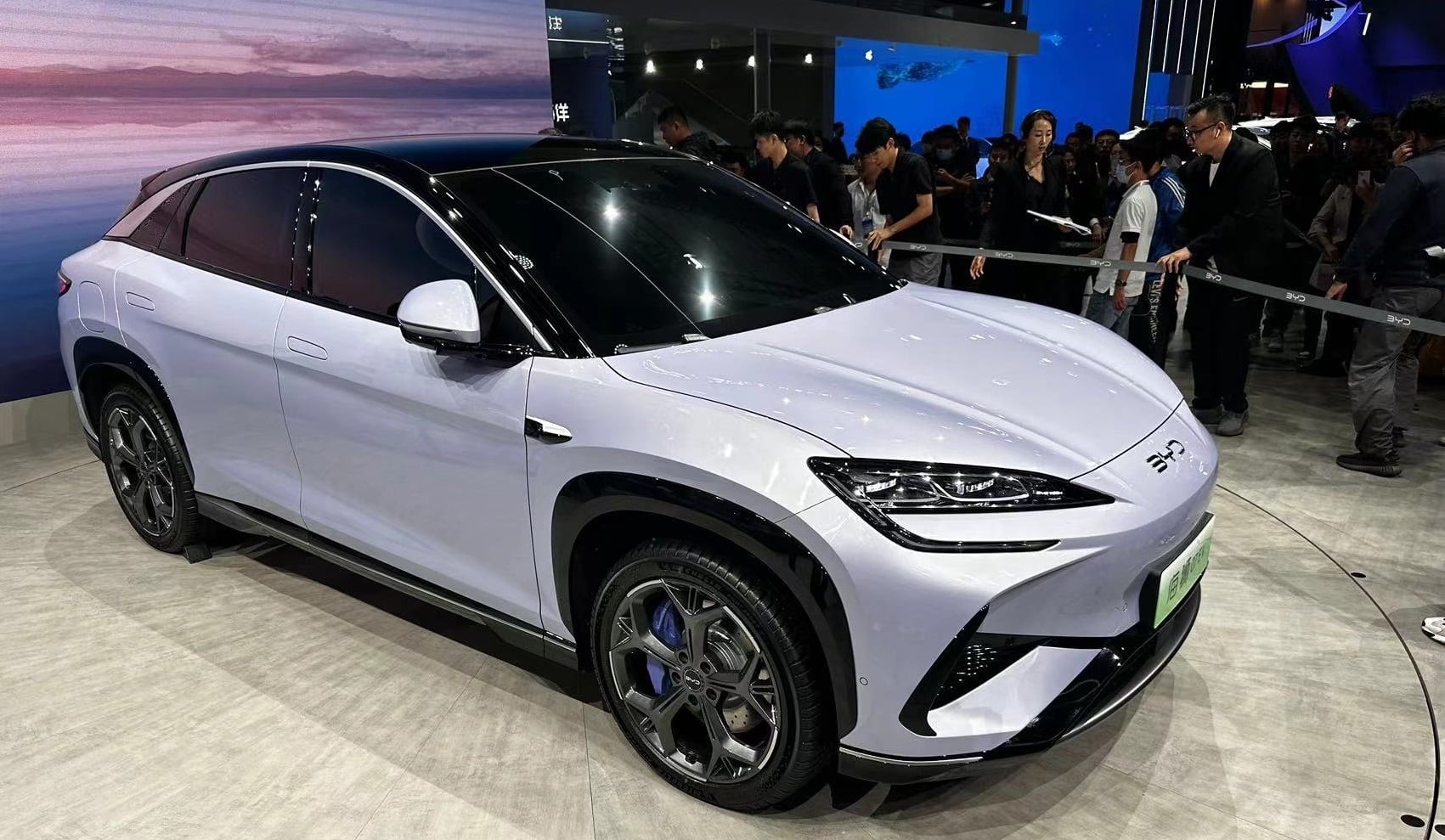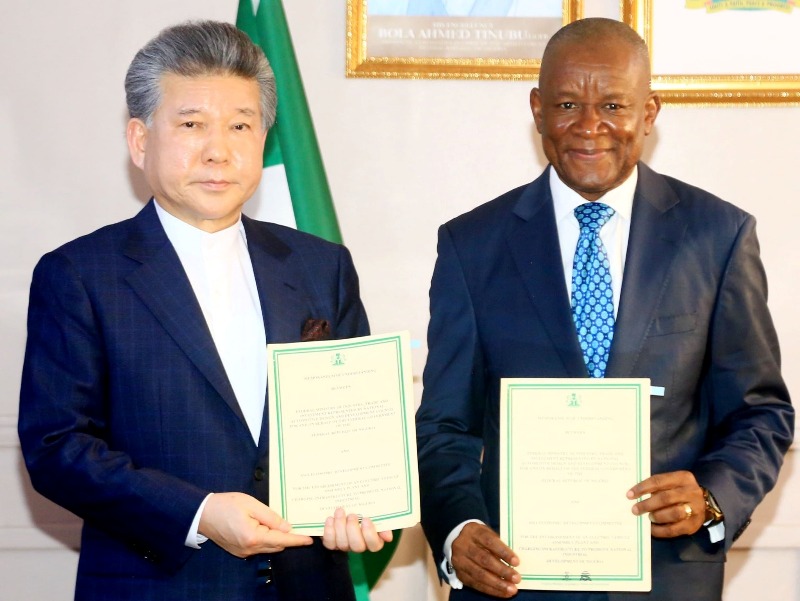
As the world moves towards a more sustainable future, the automotive industry is experiencing a significant shift – the rise of electric vehicles (EVs). This revolution is not just a change in the type of fuel used but a disruption that is redefining the entire automotive ecosystem. As the largest economy in Africa, Nigeria has a unique opportunity to lead this disruption on the continent. Here’s why.
Firstly, the global trend towards EVs is undeniable. With major automakers like General Motors, Volkswagen, and Ford committing to electrification, it’s clear that the future is electric. The Nigerian government’s recent move to develop a National Automotive Policy that includes provisions for EVs is a step in the right direction. However, more needs to be done to prepare for this impending revolution.
One of the most significant advantages of EVs is their environmental impact. With no tailpipe emissions, EVs contribute significantly less to air pollution than conventional vehicles. This is particularly important for Nigeria, where air pollution is a significant public health issue. By embracing EVs, Nigeria can improve air quality, reduce greenhouse gas emissions, and contribute to global efforts to combat climate change.
Moreover, the shift to EVs presents an economic opportunity for Nigeria. The country is rich in the minerals needed for EV batteries, such as lithium and cobalt. By developing a domestic EV industry, Nigeria can add value to these resources, creating jobs and stimulating economic growth. Furthermore, as EVs require less maintenance than conventional vehicles, a shift to EVs could also boost the local servicing and maintenance industry.
However, to seize these opportunities, Nigeria must address several challenges. One of the most significant is the lack of charging infrastructure. Without a robust network of charging stations, EVs will struggle to gain widespread acceptance. The government, private sector, and international partners must work together to develop this infrastructure, making it as easy to charge an EV as it is to fill up a petrol tank.
Another challenge is the cost of EVs. Currently, EVs are more expensive than conventional vehicles, putting them out of reach for many Nigerians. However, as battery costs continue to fall, EVs are expected to reach price parity with conventional vehicles within the next few years. In the meantime, the government can incentivize EV adoption through tax breaks, subsidies, and other financial incentives.
Finally, there is the issue of electricity supply. For EVs to be a viable alternative to conventional vehicles, Nigeria must address its chronic power shortages. This will require significant investment in the power sector, both to increase generation capacity and improve the reliability of the grid.







